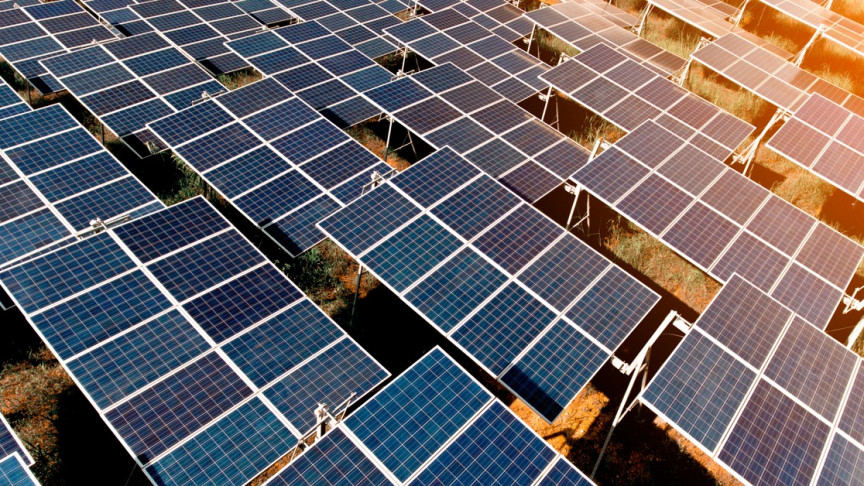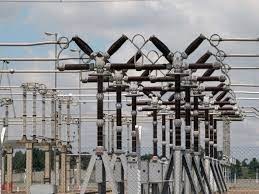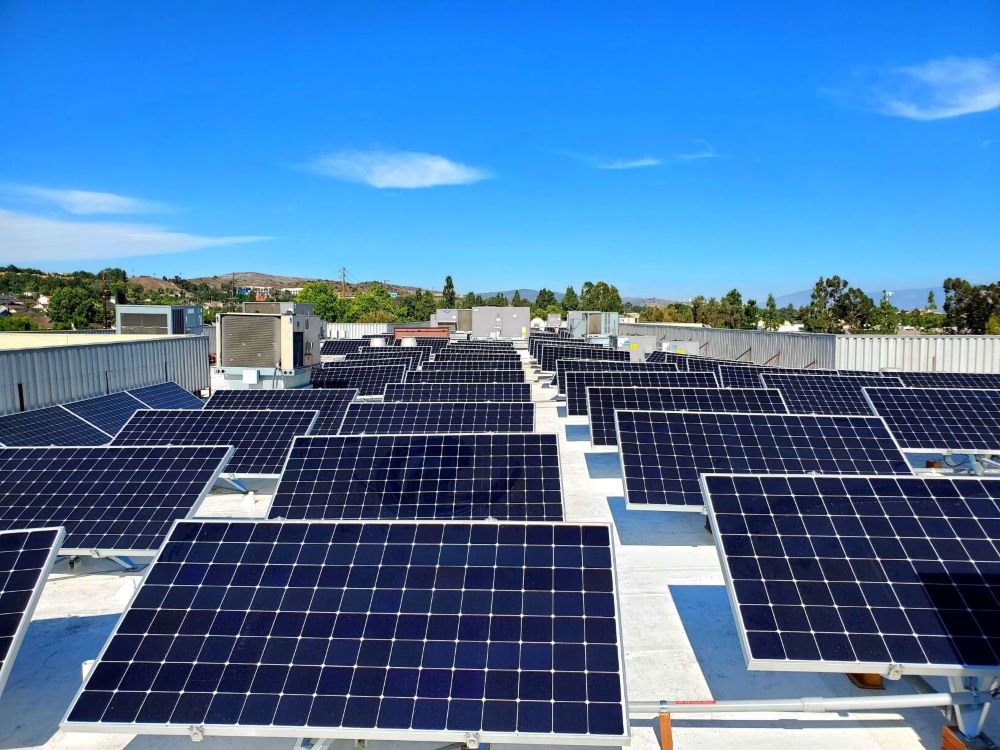An indigenous solar panel manufacturing company, LPV Technologies and the Rural Electrification Agency (REA) have partnered to halt capital flight occasioned by the importation of solar panels.
Managing Director, REA, Engr. Abba Aliyu, who spoke during a facility tour of the company’s state-of-the-art solar panel production plant in Lagos, described LPV Technologies as one of the most efficient factories in Nigeria, emphasizing its strategic importance to the national energy transition plan.
He reiterated that Nigeria needs approximately $410 billion to achieve a complete energy transition and at least $40 billion to bridge its electricity access gap.
He lauded LPV Technologies, the country’s first vertically integrated solar manufacturing and renewable energy services firm, for its groundbreaking contributions to the country’s energy transition and job creation objectives.
To this end, the government agency has reiterated its commitment to partner with the solar panel company to arrest capital flight on renewable energy in the country.
“The country with the greatest potential for distributed renewable energy, Nigeria, only created 70,000 jobs in the sector last year compared to China’s 7 million out of a global 14 million. We must turn our electricity access challenge into a job creation opportunity,” Aliyu noted.
Commending LPV Technologies’ investments, Aliyu said the company has gone beyond manufacturing by also investing in implementation and talent development.
“This is in line with President Bola Ahmed Tinubu’s new economic strategy to localize production and enhance the GDP. What LPV is doing is turning a national challenge into a national opportunity,” he stated.
He added that the company’s products surpass some imports in quality and traceability, pointing to the embedded technologies that track each panel from component sourcing to assembly.
“This is Nigeria to the world. The panels made here can compete globally in terms of quality and automation. I’m proud to say that LPV’s products can stand side-by-side with any international brand,” he added.
Aliyu also disclosed an ongoing collaboration between the REA and the Nigeria Police Force, aimed at solarizing police stations nationwide. This initiative, backed by a signed Memorandum of Understanding (MoU), will draw from LPV’s production standards to ensure quality and reliability in implementation.
“We’re already rolling this out and will provide further updates soon,” he said.
The visit also had in attendance the Executive Secretary of the Nigeria Police Trust Fund, highlighting the multi-agency collaboration being fostered to drive Nigeria’s energy reforms using locally sourced solutions.
Speaking at the event, the Chairman of LPV Technologies, Mr. Nzan Other emphasized the strategic importance of decentralized energy infrastructure to reduce the cost of power across Nigeria. He reaffirmed LPV’s commitment to supporting government efforts by building clean energy systems that are easy to deploy, resilient to traditional grid limitations, and adaptable to local contexts.
“The biggest challenge in Africa today is not just corruption but energy security and the immunities around power. That’s what we have settled to address. What we’re doing here is more than production; it’s about creating affordable and scalable opportunities for energy access,” Mr. Nzan said.
As Nigeria intensifies its push toward energy independence and inclusive electrification, the collaboration between REA and LPV Technologies offers a promising model for harnessing local capacity, stimulating economic growth, and meeting the Sustainable Development Goals (SDGs).
The visit, according to stakeholders, marks a new chapter in Nigeria’s energy story—where local ingenuity meets global ambition.




